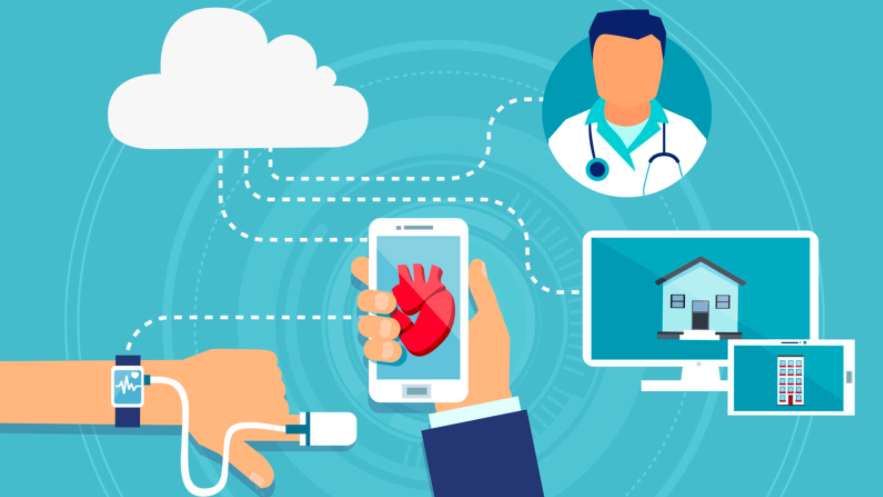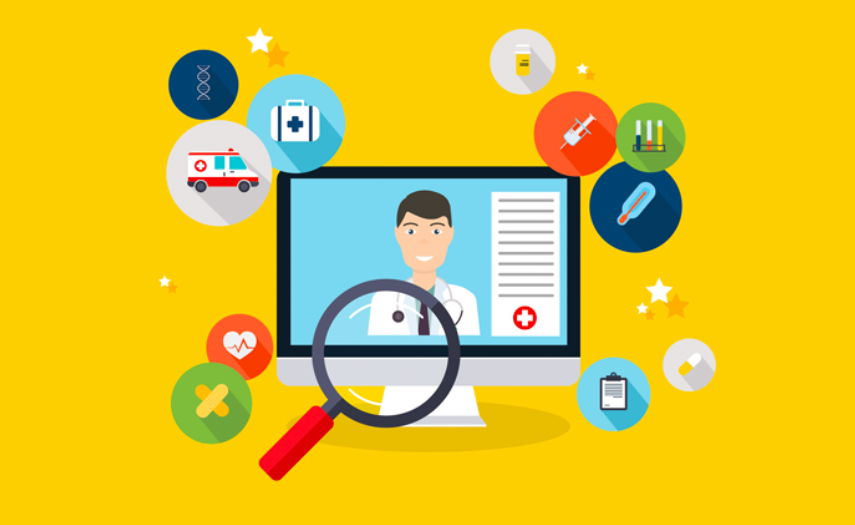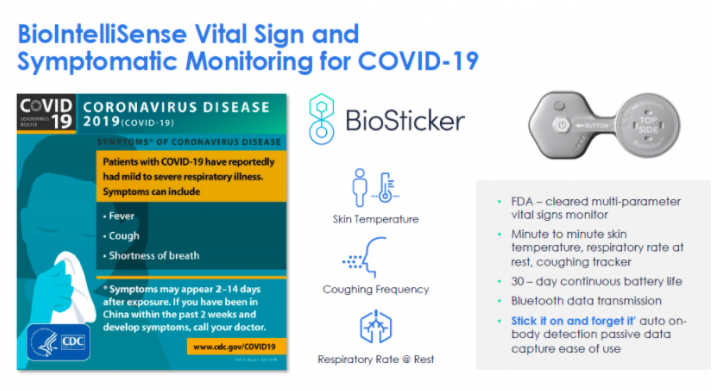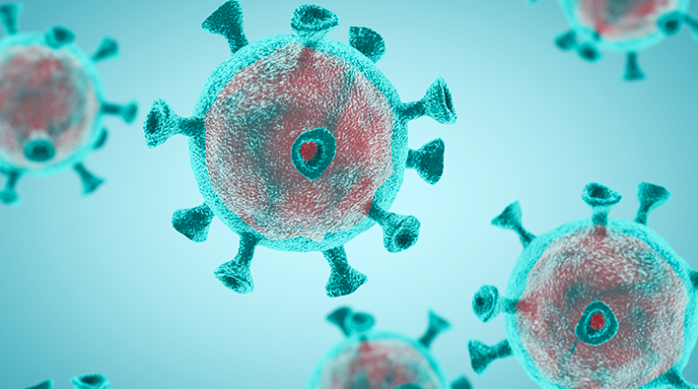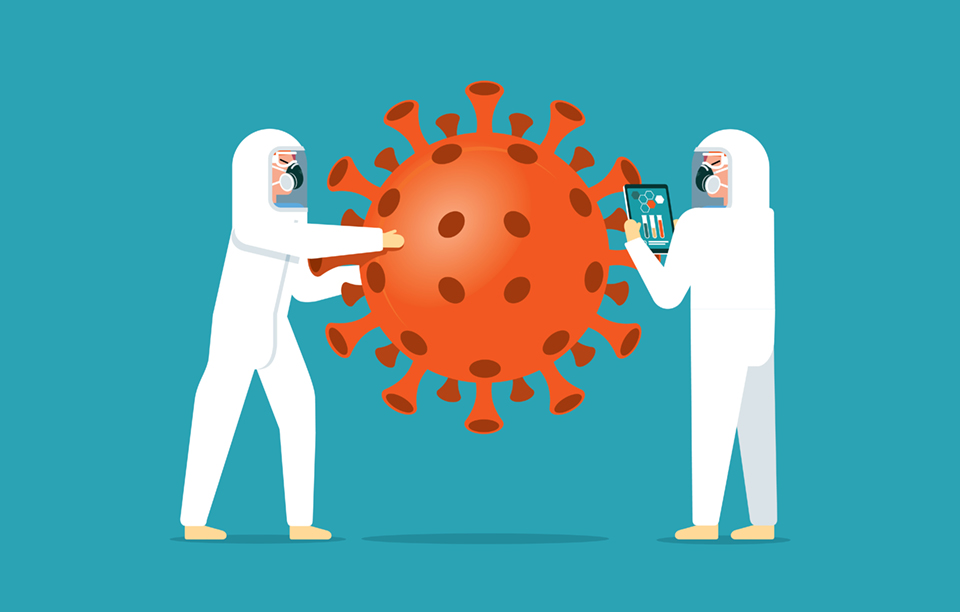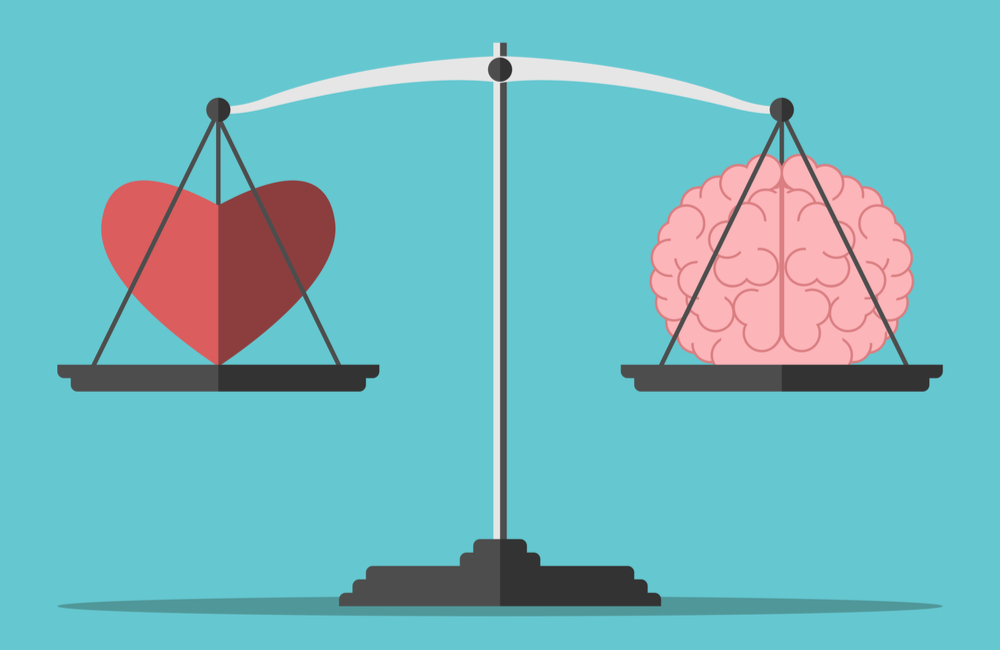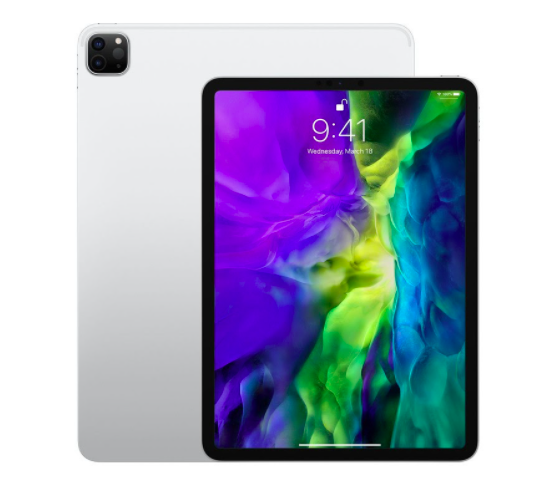Tightening its grasp on the world’s population, the COVID-19 virus is rattling health care systems everywhere. As the hundreds of thousands of people stricken with COVID-19 flock to their nearest hospitals, the sheer increase in patient volume becomes increasingly difficult for medical professionals to tend to both the COVID-19 victims, and the pre-existing patients they had prior to the pandemic. Some patients already in the hospitals are at high risk for the disease, such as oncology patients. There is a growing scramble to find open beds in hospitals, given the surge in patients. Health care systems are racing to enable care remotely, as they rely on remote patient monitoring to combat the issue of hospital capacity as well as keep other patients safe from the virus.
Supporting the development of new technology for remote monitoring, the FDA has recently announced more leeway on their original guidelines, in which they will not object to modifications in the use or functionality of remote patient monitoring during the outbreak. Remote patient monitoring and telehealth platforms are utilizing digital healthcare tools such as bluetooth connected devices for monitoring temperature, cough volume, heart rate, and cough frequency, as well as apps, and video conferencing tools to connect healthcare workers with patients in their home.
“Traditional health care delivery is inadequate in dealing with this pandemic. We have to use a health care strategy that deploys resources throughout an entire community, and that’s where remote monitoring comes in”
Raj Khandwalla, a physician and director of digital therapeutics for Smidt Heart Institute at Cedars-Sinai Medical Center in Los Angeles
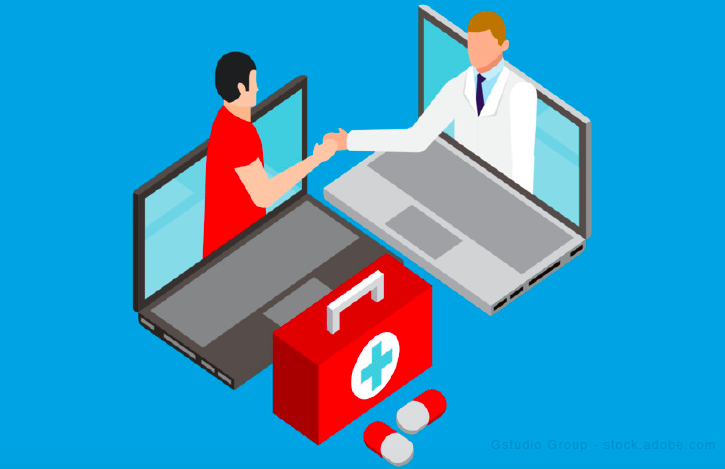
Two hospitals in Israel are launching AI-based tele-ICUs to support COVID-19 patients. The predictive analysis platform, CLEW, is working with the two hospitals, Sheba Medical Center and the Ichilov Hospital, to manage and treat patients with the virus, while at the same time protecting frontline care workers. The platform utilizes artificial intelligence (AI) based predictive analysis to expand ICU capacity and resources. The algorithms are trained to identify respiratory deterioration in advance, which allows for early interventions, which is especially critical for the COVID-19 patients. Healthcare workers can identify the severity of the disease from a remote command center. In response to the growing number of COVID-19 patients, the hospitals are developing field-ICU facilities, which will be the largest ICU units in Israel. The units will be using telemedicine technologies to provide remote patient monitoring from centralized command and control facilities. These technology developments are using machine learning to proactively manage disease severity, while making the workload easier for medical professionals. The ability for this telemedicine-based system working remotely, allows for healthcare workers to handle the patient volumes while maintaining their own safety from infection.
“Faced with a massive increase in ICU admissions, AI and machine learning tools can play a pivotal role in reducing disease severity and workload. Real time risk stratification will enable timely interventions and improved clinical outcomes for critically ill patients.”
Prof. Ronni Gamzu, CEO of Tel Aviv Sourasky Medical Center
Another company working towards the development of remote patient monitoring through agile and comprehensive telemedicine solutions to combat the spread of COVID-19 is Datos, a provider of an automated remote care platform. The care teams are provided a COVID-19 dashboard that displays an overview of all patients, listing the severity of COVID-19 systems, daily symptom checkout surveys, virtual visit video calls, and ways to monitor their vitals. Patients are provided a mobile app where they can manually enter their vitals, such as temperature, blood pressure, and saturation. Here, they also fill out surveys relevant to COVID-19 symptoms. The patients also respond to daily symptom updates, and utilize the personalized messages and video call platform. They hope to implement a design that would help hospitals around the world provide optimal care for suspected COVID-19 patients at home. This system would provide virtual services, such as online symptom-checking and remote consultations with doctors. This technology does not require any additional resources, it seamlessly integrates with healthcare teams’ existing workflows, while providing care to patients from outside the hospital.
Healthcare startups and small companies across America have been forming partnerships with larger healthcare providers, insurance companies, and device manufacturers to create remote patient monitoring and telehealth solutions for combatting Covid-19 in America. These strategic partnerships are another way healthcare is innovating quickly to solve for our most pressing needs during this pandemic.
A startup company, BioIntelliSense, has created a “BioSticker” that can measure and report worsening symptoms of COVID-19. Cleared earlier this year by the FDA, this technology is able to continuously monitor a patient’s respiratory rate, heart rate, skin temperature, and can now measure the frequency of the patient’s coughing, sneezing, and vomiting. The CEO of BioIntelliSense, Jim Mault says, “the BioIntelliSense Data Service in combination with the FDA-cleared BioSticker remote monitoring device and 5G-enabled BioHub allows for continuous health data for earlier, proactive clinical interventions.” This technology picks up on the hallmark symptoms of COVID-19 provided by the Centers for Disease Control and Prevention (CDC). The BioSticker also takes a load off of the healthcare workers as it helps with hospital discharge. Once a patient is showing signs of improvement, a BioSticker can be placed on them and they can be sent home to be monitored remotely. This patient friendly sticker makes it easy to self-quarantine without having to go into a doctor’s office. The BioSticker can be mailed to patients, given it is as easy to apply as a Band-Aid.
Orion Health has released a remote patient monitoring platform that combats COVID-19. This platform is helping healthcare organizations respond to the virus, as well as provides a website to help people globally understand their risks of contracting the disease. On this website, virtual assistants and chatbots are present to answer common questions related to COVID-19, therefore, limiting the amount of patients heading straight to the hospital. These virtual models of care can be assisted by AI through the sharing and processing of data from devices, recording and translating consultations, and providing decision support to process test results and scans. Patients can engage with doctors from home, and communicate directly as they remain quarantined. This platform is working to eliminate the risk for the care providers being exposed to COVID-19, given how important it is to have a healthy clinician workforce during the pandemic. Machine learning is extremely powerful as it finds patterns about patients that are usually lost by the human eye. Remote patient monitoring is an optimal form of technology during this time as it has quickly evolved to understand this very new disease, and effectively crafts an agile approach to deploy into the field of healthcare.
The magnitude of this public health threat requires healthcare systems to evolve, and effectively adapt to the roadblocks they are facing. Through the use of enhanced telehealth and remote patient monitoring, hospitals are able to cope with the stream of patients presenting with COVID-19. This technology is supporting healthcare systems, as well as communities amidst this unprecedented time. All these technologies emerging from the pandemic will be useful in the future, even after the situation passes. Remote patient monitoring is providing a safe portal for healthcare professionals and patients to communicate, stay healthy, and limit the stress and anxiety provoked by this pandemic.
- https://www.statnews.com/2020/03/25/coronavirus-hospitals-weigh-remote-patient-monitoring-tools/
- https://www.healthcareitnews.com/news/europe/two-israeli-hospitals-launch-ai-based-tele-icu-support-covid-19-patients
- https://www.managedhealthcareexecutive.com/news/remote-care-source-launches-covid-19-telemedicine-solution-us-hospitals
- https://mhealthintelligence.com/news/industry-leans-on-telehealth-to-tackle-covid-19-outbreak
- https://www.mddionline.com/can-remote-patient-monitoring-curb-covid-19
- https://www.healthcareitnews.com/news/orion-health-releases-remote-patient-monitoring-platform-combat-covid-19

